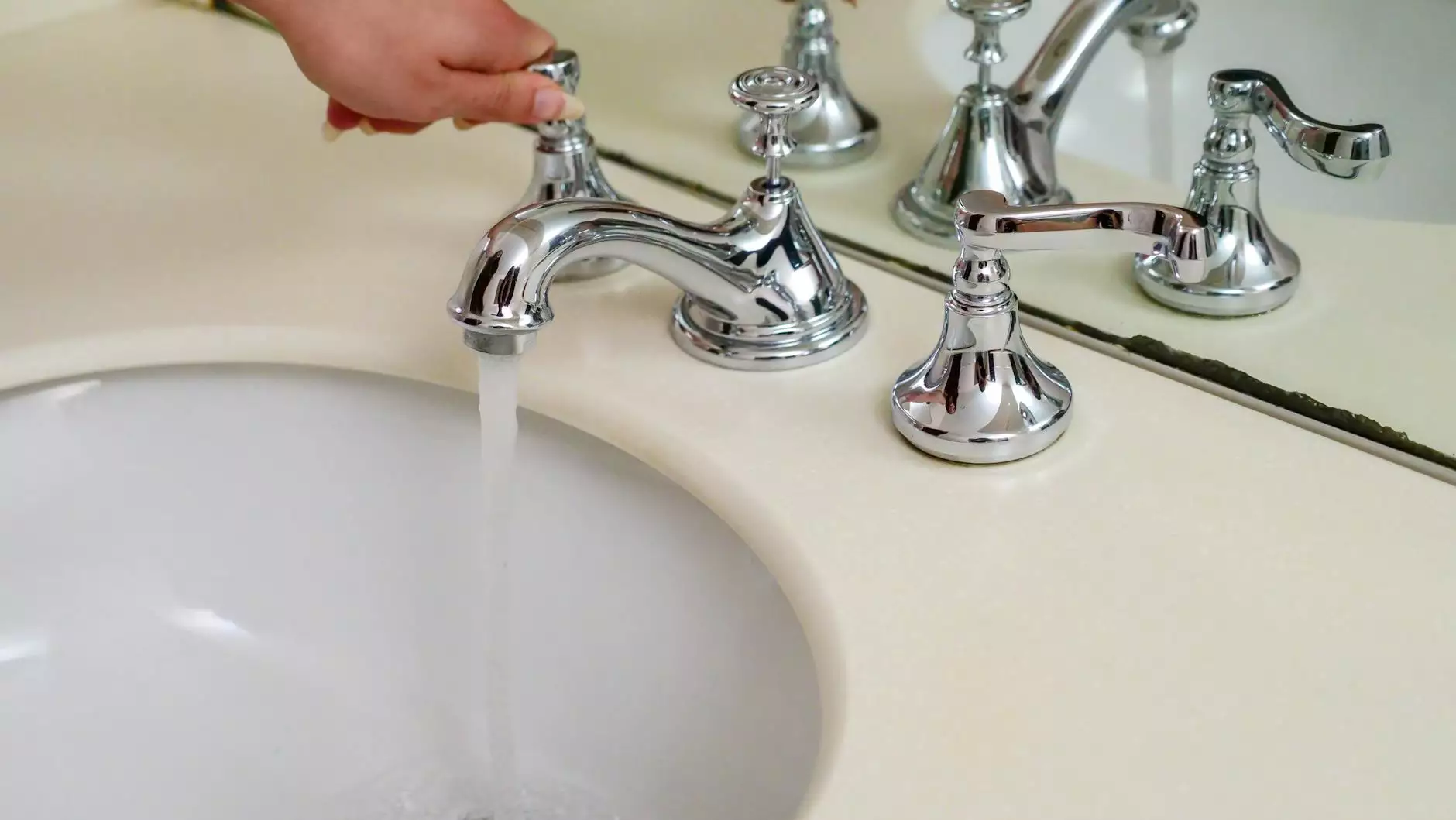Pet Turtles: Your Comprehensive Guide to Caring for Your Aquatic Friends

When it comes to choosing the perfect pet, many people overlook the incredible charms of pet turtles. These fascinating reptiles can make for wonderful companions, offering unique characteristics and a calming presence. Whether you are considering adopting one or you are already a proud turtle owner, this guide will cover everything you need to know, from the nuances of their care to their beautiful habitats.
Why Choose Pet Turtles?
The allure of pet turtles extends beyond their exotic appearance. Here are some compelling reasons to consider these reptiles as your next pet:
- Longevity: Turtles are known for their long lifespans, often living for several decades, which means they can be lifelong companions.
- Low Maintenance: Compared to traditional pets, turtles require less daily interaction and can adapt well to being alone.
- Educational Value: Owning a turtle can be an excellent learning experience for children and adults alike about responsibility and wildlife conservation.
- Variety: There are many species of turtles, from aquatic to terrestrial, allowing you to choose one that fits your lifestyle and preferences.
Understanding the Different Types of Pet Turtles
Before diving into care specifics, it's essential to understand the different types of pet turtles you might consider. Here are a few popular species:
1. Red-Eared Slider
One of the most common pet turtles, the Red-Eared Slider is known for its friendly disposition and vibrant colors. They thrive in aquatic environments and require a spacious tank with clean water.
2. Painted Turtle
Painted turtles are equally popular and are recognized for their colorful shell patterns. They're semi-aquatic and require both water and dry basking areas to thrive.
3. Box Turtle
Box turtles are typically terrestrial and are known for their distinctive box-like shell that allows them to close for protection. They need a spacious enclosure that mimics their natural habitat.
4. Sulcata Tortoise
The Sulcata tortoise is a large terrestrial species that requires ample space and a warm environment. They are friendly and can be great companions but do need significant care.
Setting Up the Perfect Habitat for Your Pet Turtles
Creating a proper habitat is crucial for the health and happiness of your pet turtles. Here's what you need to consider:
Aquatic Turtles
- Tank Size: A minimum of 50 gallons is recommended for aquatic turtles to provide them with ample swimming space.
- Water Quality: Use a quality water filter and perform regular water changes to maintain cleanliness. Turtles are sensitive to water conditions.
- Basking Area: Include a dry area where your turtle can bask under a heat lamp, mimicking their natural behaviors.
- Temperature Regulation: Use heaters to maintain a comfortable water temperature (ideally around 75-80°F) and a basking temperature of 85-90°F.
Terrestrial Turtles
- Enclosure: Create a spacious habitat filled with substrate (such as soil or sand) that allows for burrowing and exploration.
- Hideouts: Provide hiding spots with caves or logs to create a sense of security for your turtle.
- Humidity: Maintain humidity levels suitable for the type of turtle you own, which can vary significantly.
- Temperature Gradient: Include both warm and cooler areas in the enclosure to allow your turtle to regulate its body temperature.
Feeding Your Pet Turtles
What you feed your pet turtles plays a significant role in their health. Here’s a breakdown of their dietary needs:
1. Aquatic Turtles
- Protein Sources: Include commercially-prepared turtle pellets, fish, and insects.
- Vegetables: Leafy greens such as kale, collard greens, and romaine lettuce can be offered as part of their diet.
- Calcium Supplementation: Dust their food with a calcium supplement to support healthy shell growth.
2. Terrestrial Turtles
- Fruits and Vegetables: Offer a variety of fruits and vegetables, focusing on leafy greens and fibrous plants.
- Commercial Diets: Certain pellets formulated for land turtles can be a beneficial addition to their diet.
- Avoid Toxic Foods: Be mindful of which foods are harmful to turtles, such as onions and rhubarb.
Health and Wellness Considerations
Regularly monitoring the health of your pet turtles is vital. Here are some signs of good health and issues to be aware of:
Signs of a Healthy Turtle
- Active Behavior: Healthy turtles exhibit normal activity levels, swimming, and basking regularly.
- Clear Eyes: Bright and clear eyes are a good indication of health; cloudy or sunken eyes can signify illness.
- Healthy Shell: A smooth, hard shell should be devoid of soft spots or discoloration.
Common Health Issues
- Respiratory Infections: Signs include wheezing or bubbling at the nostrils; seek veterinary care immediately.
- Shell Rot: A fungal or bacterial infection that causes softening of the shell can be prevented with proper moisture levels.
- Parasites: Regular check-ups can help prevent and treat parasitic infections.
Adopting Your Pet Turtle
If you're considering adding a pet turtle to your family, the adoption process can be incredibly rewarding. Here are some tips to get started:
- Research Species: Understand the different species and their specific needs to find the perfect fit for your home.
- Visit Reputable Sources: Look for local shelters, humane societies, or specialized pet shops like buyreptiles.com.au to adopt turtles responsibly.
- Prepare Your Home: Make sure your home is turtle-proofed, removing any hazards that could harm your new friend.
- Educate Yourself: Read up on turtle care and maintenance to ensure you are fully prepared for their arrival.
Conclusion
Choosing to welcome pet turtles into your life can lead to an enriching and fulfilling experience. With proper care, a suitable habitat, and a keen awareness of their health needs, you can cultivate a strong bond with these unique creatures. If you're looking to adopt a turtle or need assistance in caring for your pet, buyreptiles.com.au offers a range of resources and services to help you every step of the way. Embrace the joy of turtle ownership today!








